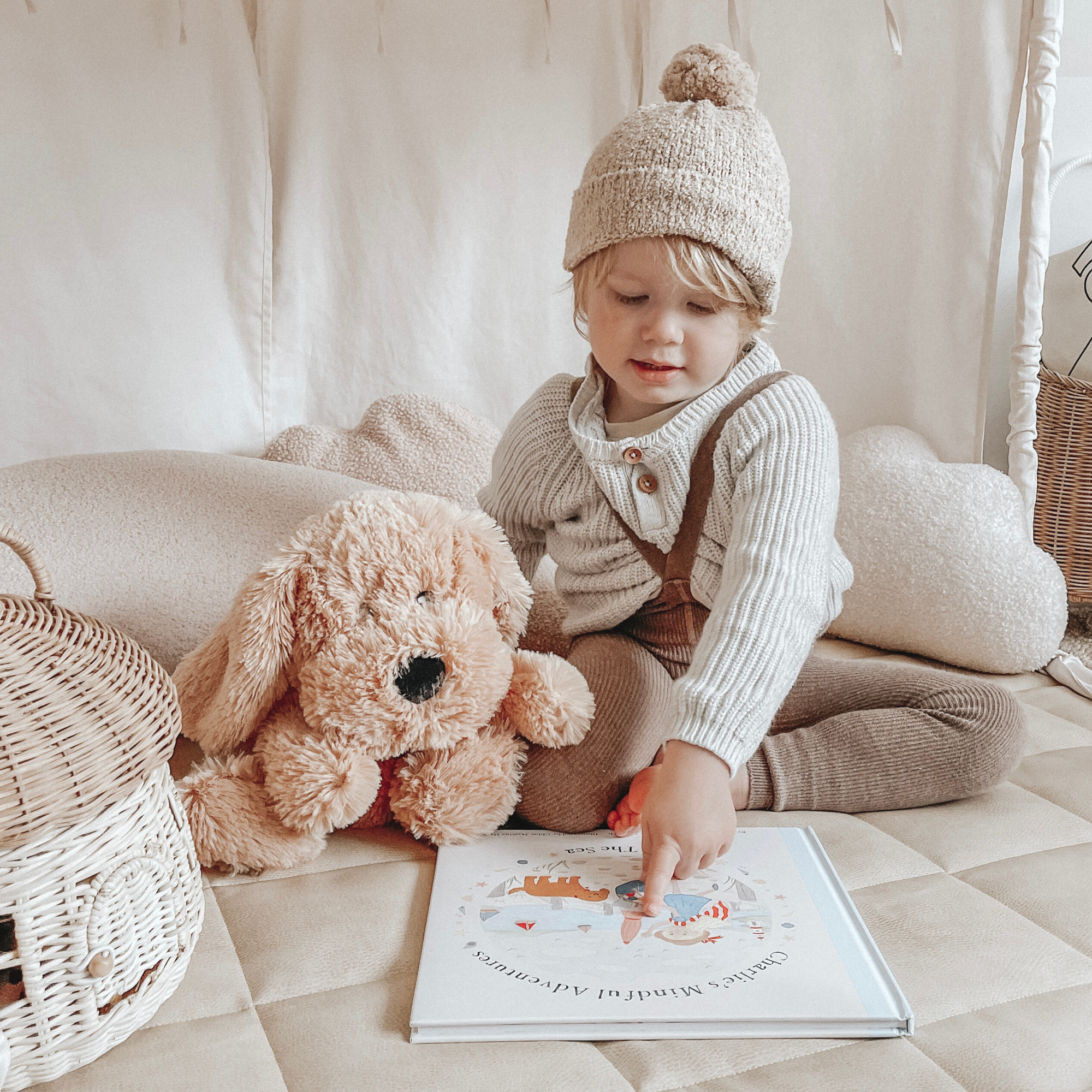Play is a crucial aspect in the development of children. It fosters creativity, mental development, as well as emotional wellbeing. The choice of toys is even more important for children who have special sensory disorders like ADHD or autism. To cater to their distinct requirements, a range specially designed toys and products have been introduced to the market. The market offers a wide variety of products designed that cater to children suffering from ADHD or autism, as well as sensory needs.

ADHD Toys For Children: Helping to Improve the ability to focus and engage
Children suffering from ADHD have difficulty regulating their emotions and staying focused. Games that encourage children to harness their energy efficiently is essential to their growth. ADHD toys designed for children provide a sensory experience that catches the attention of children and help improve their concentration.
Sets for building, fidget toys as well as interactive puzzles are examples of games that are suitable for children suffering from ADHD. These toys encourage exploring the tactile senses, problem solving and help develop fine motor skills. Fidget toys, specifically offer a way for kids to satisfy their sensory requirements while keeping their hands engaged which improves concentration and focus.
Products for Autism that Support Diverse Sensory Needs
Autism is a developmental disorder which affects the capacity to communicate and socialize and is usually accompanied by sensory sensitivities. Toys could be a game changer for children who have autism. These products have been made to take into account sensory needs and promote positive interactions.
These could be toys with soothing light and sounds as well as blankets with weights and textured sensory balls. These products are designed to stimulate multiple senses and offer a sense of ease and security. These toys have a soothing effect that reduces anxiety and stress. It also allows the child to interact with their surroundings more easily.
Sensory Toys for Children Toys For Children: Exploring A Multisensory World
Sensory play is vital for children of all ages because it stimulates the exploration of their minds, cognitive development and a better understanding of their surroundings. For children with sensory processing disorder (SPD) which alter the way they respond and perceive sensory stimuli, sensory toys are essential instruments for self-regulation and learning.
Sensory toys cover a broad range of options, from squishy toys that are tactile like stress balls to visually-oriented toys such as light projectors. They engage a variety of senses, helping children build sensory connections, increase their language skills, and improve their ability to be able to process sensory information. The auditory, tactile and visual aspects of these toys contribute to overall development.
SPD Products to Support Children with Sensory Processing Disorders
Children who suffer from sensory processing disorders need products adapted to their individual sensory needs and promote comfort and engagement. SPD products are designed to aid children suffering from sensory sensitivities manage and enhance their sensory experience. For more information, click Sensory processing disorder products
SPD products such as sensory bins, sensory swings, and weighted vests encourage sensory exploration and control. Sensory bins and sensory swings are designed to provide vestibular input that is calming. Weighted Vests, in contrast are a great option for an easy pressure to provide an euphoric feeling. Sensory bins that are filled with a variety of types of textures stimulate imaginative play and even touch.
How do you select the ideal Toys? The factors you should be thinking about
When choosing products and toys designed for children with ADHD, autism or other sensory processing issues, a variety of aspects should be taken into consideration:
1. Sensory Features: Choose toys that offer tactile auditory, or visual sensory experiences as well in proprioceptive experiences to meet specific needs.
2. Safety: Ensure that your toys are free of small parts that could present dangers to your child’s health and are made from non-toxic materials.
3. Toys that stimulate imaginative and interactive play will engage the child.
4. Be comfortable: Choose products that offer comfort and security, particularly for children with sensitivities to sensory stimulation.
5. To promote inclusion, choose toys that can be enjoyed and appreciated by all children. This can encourage inclusion at playtime.
It’s encouraging to see products and toys designed for children with ADHD as well as autism. ADHD toys for kids, autism-friendly products, sensory toys for young children, not only entertain but also promote a sense belonging, engagement and a sense of empowerment.
The choices that we make as parents educators, and as caregivers can influence the child’s development. By providing access to purposeful play that respects and celebrates individual sensory needs and preferences, we can create an inclusive and caring environment where all children can thrive and experience the joy of play at their own pace.